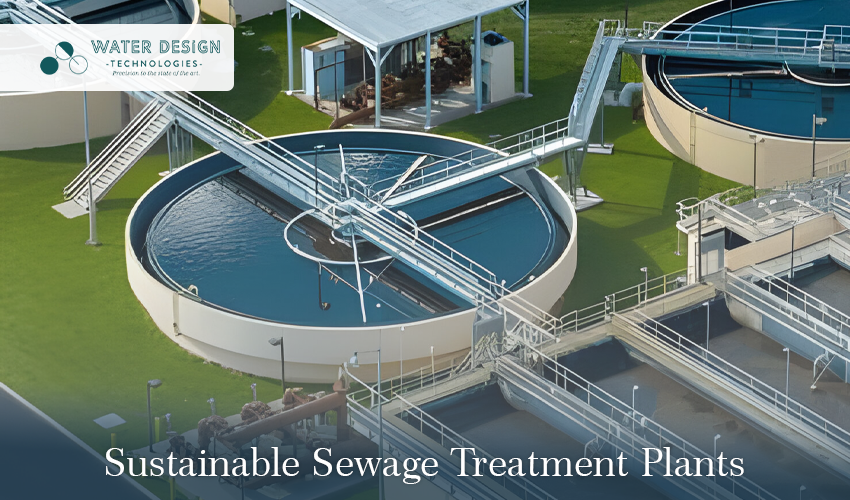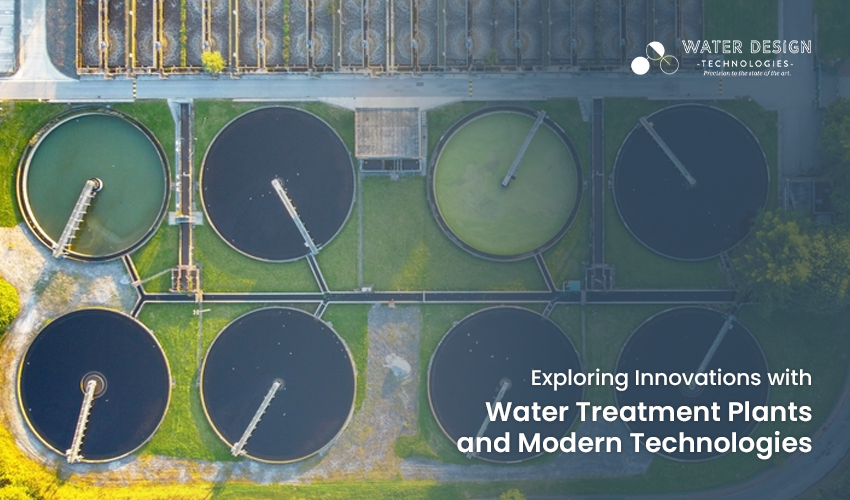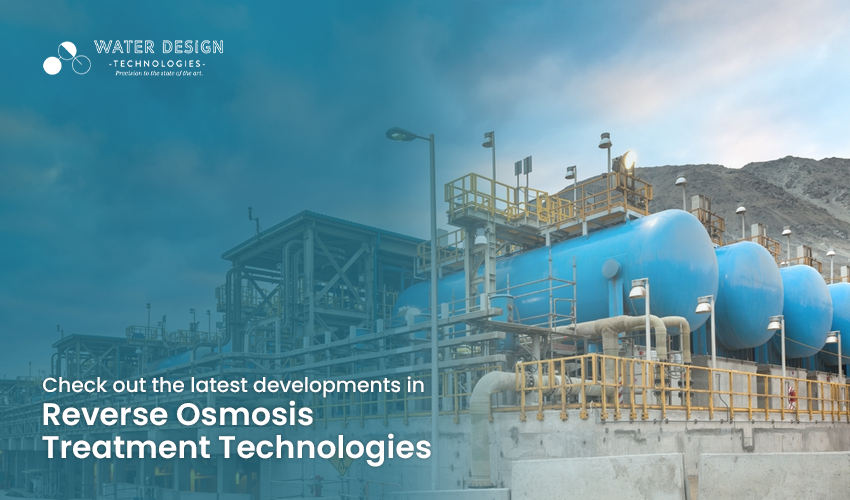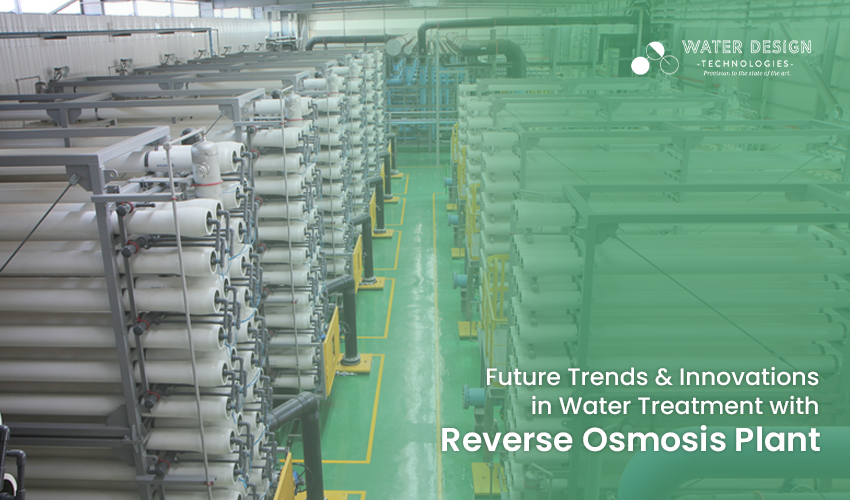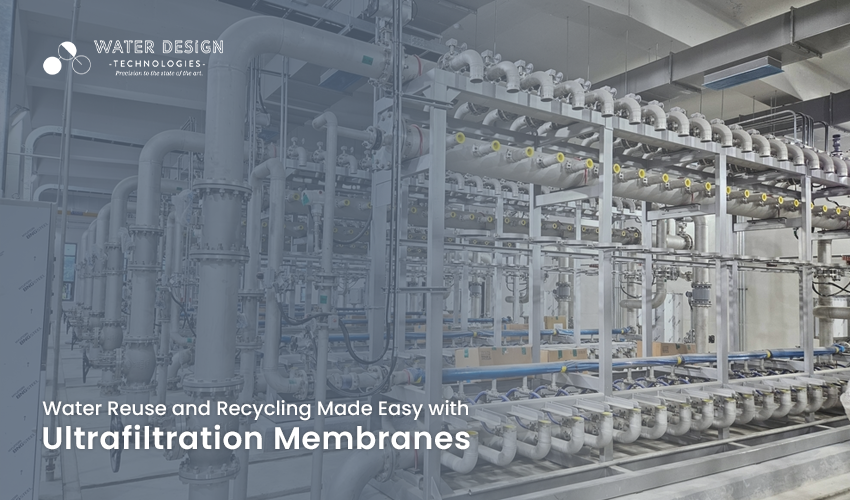In Gujarat’s quest for sustainable water management, sewage treatment plants (STPs) stand as beacons of innovation and environmental stewardship. Leveraging cutting-edge water treatment technologies, these facilities play a pivotal role in purifying wastewater and safeguarding precious water resources. Let’s delve into the realm of sustainable sewage treatment plants in Gujarat and explore the transformative impact of Water Design Technologies on this vital sector.
The Importance of Sewage Treatment Plants in Gujarat
Gujarat’s rapid industrialization and urbanization have underscored the critical need for efficient sewage treatment plants. These facilities are instrumental in treating wastewater generated from residential, commercial, and industrial sources, preventing pollution of water bodies, and protecting public health.
Leading the Way with Water Design Technologies
Water Design Technologies emerges as a trailblazer in the realm of sewage treatment plants in Gujarat. With a commitment to excellence and sustainability, Water Design Technologies integrates the best water treatment technologies to deliver state-of-the-art STP solutions. Their innovative approach ensures the efficient removal of pollutants, pathogens, and contaminants from wastewater, meeting stringent regulatory standards and exceeding expectations.
Advancing Water Treatment Technologies in Surat
In Surat, Water Design Technologies is synonymous with excellence in water treatment. By harnessing the latest advancements in water treatment technologies, including membrane filtration, biological treatment, and disinfection systems, they elevate the efficiency and effectiveness of sewage treatment plants across the city. Surat’s water infrastructure is poised for a brighter, more sustainable future, thanks to the transformative solutions offered by Water Design Technologies.
Conclusion
As Gujarat strides towards a more sustainable future, sewage treatment plants play a pivotal role in preserving water resources and safeguarding the environment. With Water Design Technologies leading the charge, these facilities embrace the latest water treatment technologies to deliver unparalleled performance and reliability. Together, we can build a future where clean water is accessible to all, ensuring the prosperity and well-being of generations to come.


